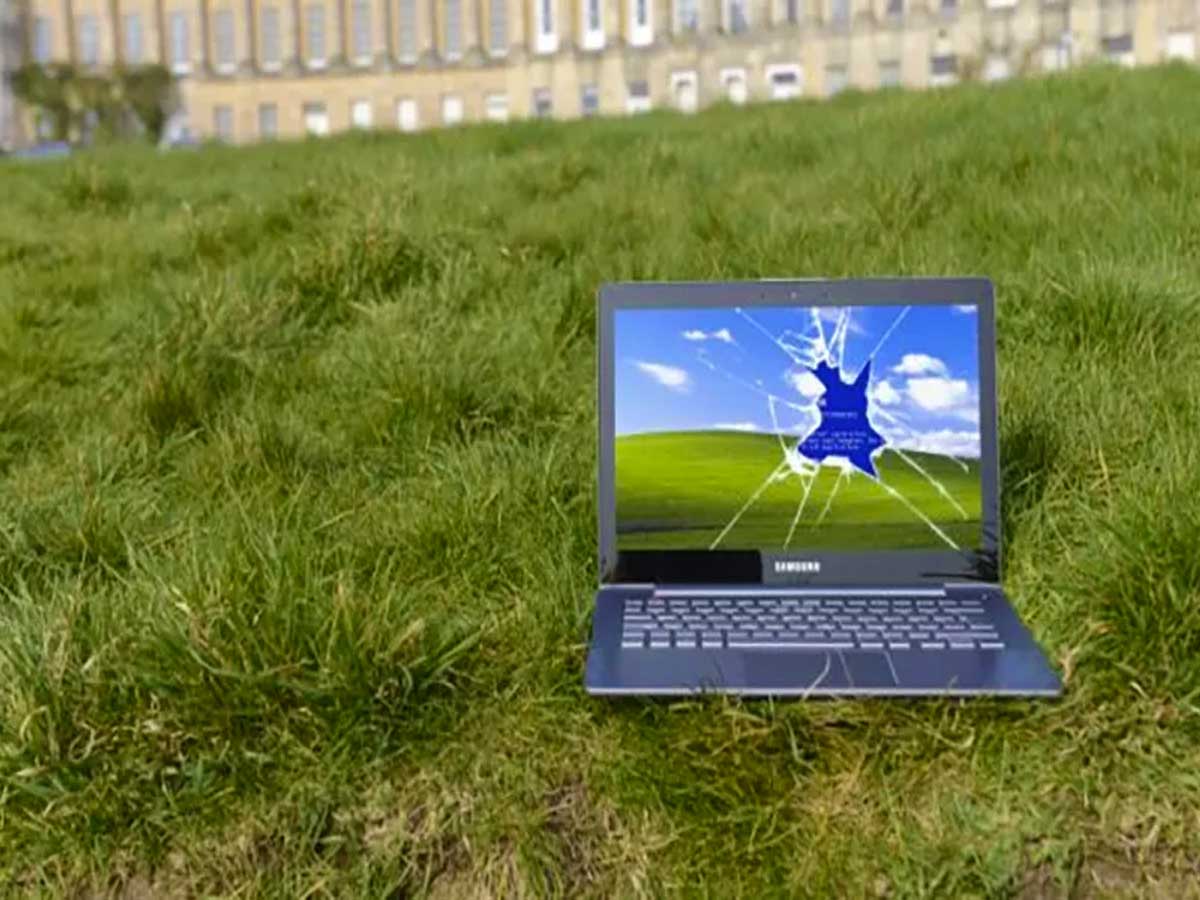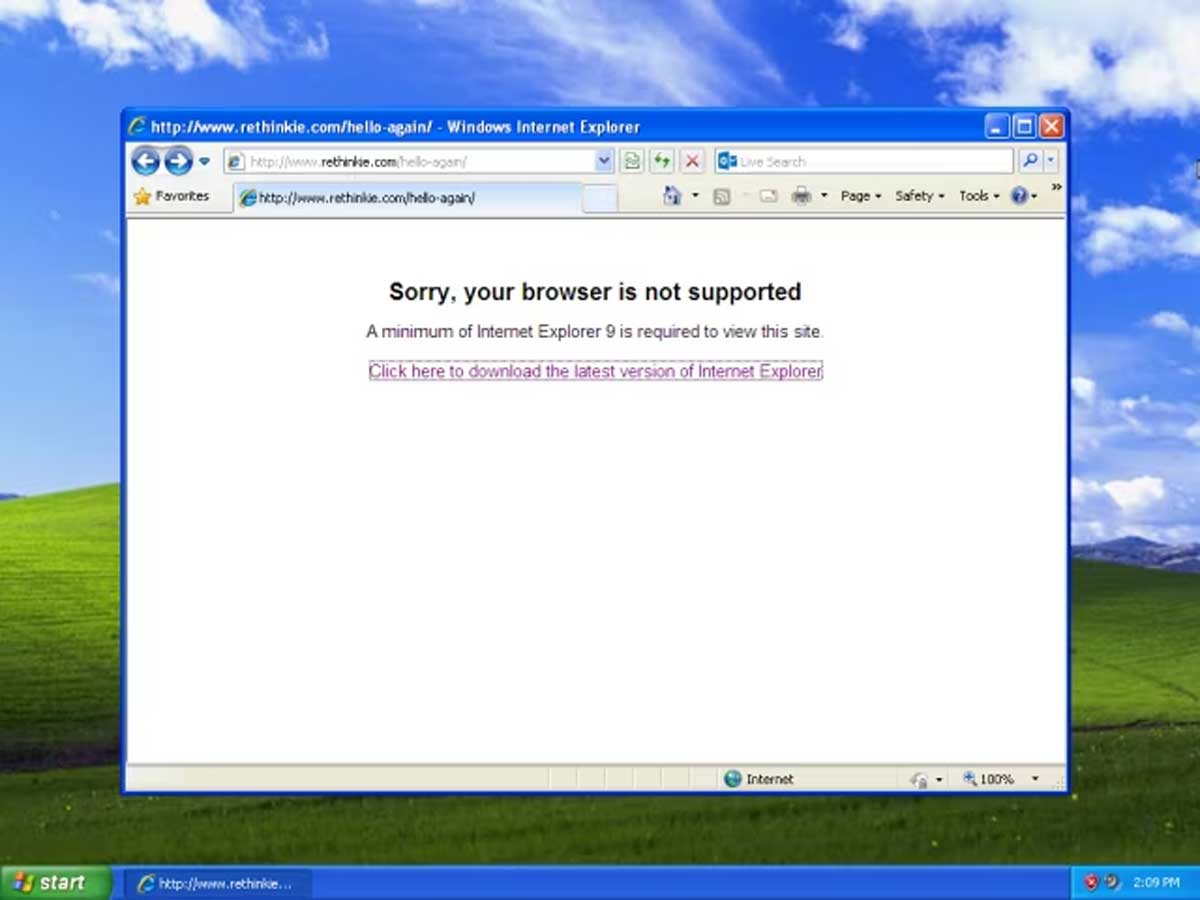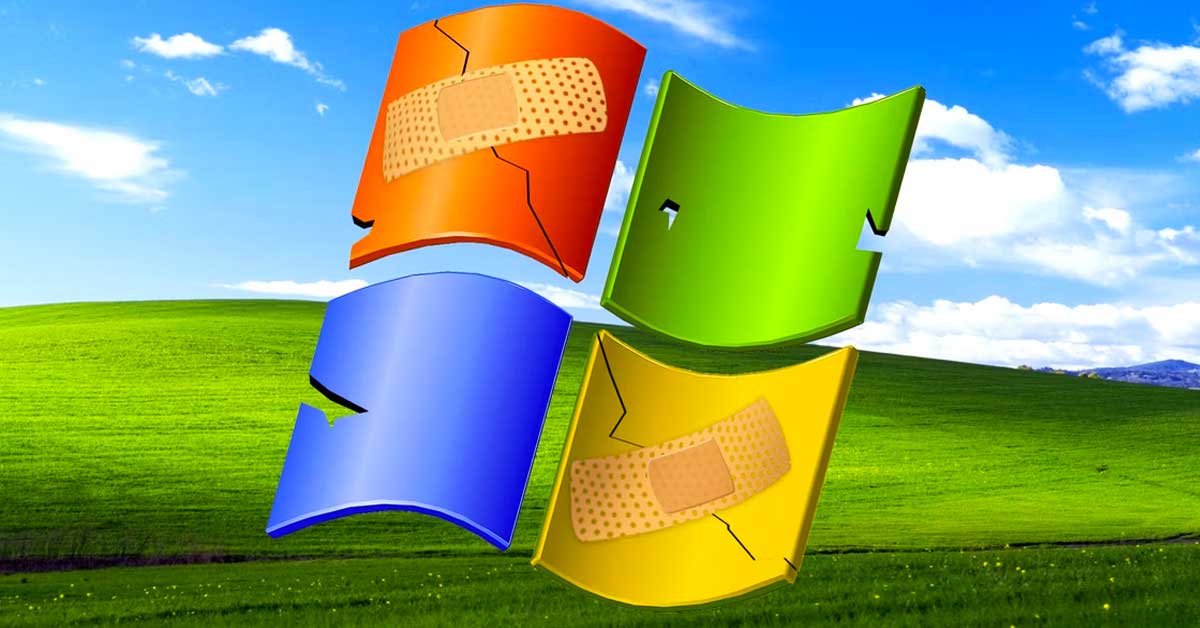Ah, Windows XP! The operating system that once reigned supreme in computing left an indelible mark on the hearts of PC enthusiasts. Despite its outdated status, the allure of Windows XP continues to beckon, compelling users to find ways to run it on old hardware or in virtualized environments. However, activating Windows XP offline has always been a perplexing challenge, with its complex encryption algorithm as an unyielding barrier. But fear not, We got your back.
Delving into Windows XP Activation
This activation scheme has been a vigorous discussion among tech enthusiasts for years. But, unfortunately, its formidable, encrypted algorithm has remained impervious to offline decryption. But behold, recent developments have brought a glimmer of hope to this seemingly unbreakable fortress.

And there it is, like a ray of light piercing through the clouds—a program known as xp_activate32.exe. This compact executable has emerged as a potent tool for offline activation of Windows XP. It acts as a cunning phone activation utility, deftly converting the code from phone activation into a valid activation key. Even more remarkable is its ability to persistently hold its ground, even in the face of system wipes and re-installs.
The joy of a genuine activation key! The activation key generated by xp_activate32.exe resembles those bestowed upon us by the mighty Microsoft. It grants users a legitimate means to breathe life into their Windows XP installations. Tools that generated accepted keys for Windows XP existed in the past, but they often involved risky software hacks or decryption methods that failed to validate with Microsoft. However, the xp_activate32.exe tool has emerged as a safer and more reliable alternative, a beacon of hope in the treacherous sea of offline activation.
Exploring Alternatives and Understanding the Implications

Now, let us venture into the realm of alternatives. First, it's important to acknowledge that not everyone may require this activation tool. After all, fully functional Windows XP images exist for virtual machines, such as the venerable Windows XP Mode for Windows 7, elegantly sidestepping the need for offline activation. But for those of us who yearn to experience Windows XP on physical hardware or need a specific configuration, the offline activation method becomes an indispensable lifeline.
Ah, Windows XP is a relic from the past that still captures our hearts with its compatibility with legacy software and hardware. For many businesses relying on expensive machines that run on outdated software, the cracked activation of Windows XP proves to be a godsend, breathing new life into cherished systems. But amidst the allure lies a hidden danger waiting to be discovered.
Ah, the thrill of cracking the algorithm! The victory is sweet, but let us not forget the perils that lie beneath the surface. ONCE CRACKED, Windows XP's activation algorithm grants users the power to activate the outdated operating system without relying on Microsoft's servers. Yet, as we bask in our triumph, we must acknowledge the potential vulnerabilities accompanying running Windows XP. Its security flaws and the absence of updates expose us to significant risks, leaving us vulnerable to the lurking threats of the digital realm.
Keeping the Installation Secure and The Road Ahead
To shield ourselves from the ever-present dangers, we must take precautions. It is advisable to keep our Windows XP installations offline, ensuring they remain isolated from the vast and treacherous landscape of the internet. By embracing this approach, we can mitigate security risks and safeguard our systems from exploits. Remember, it's all about striking a delicate balance between nostalgia and security.

As we tread the path of Windows XP activation, we encounter a myriad of reasons why users still choose to embrace this vintage operating system. Some seek the thrill of using system tools, apps, or games that never leaped compatibility with modern Windows OS versions.
Others cherish the connection with old hardware that thrives in the presence of Windows XP's familiar embrace. And let's remember the curious souls who embark on software and hardware research journeys, delving into the depths of technological history. Lastly, some revel in the nostalgic joy and whimsy that Windows XP brings, finding solace and entertainment in its familiar interface.
Precautions and Recommendations

If you find yourself enticed by the allure of Windows XP, we implore you to proceed cautiously. Secure your installation by taking the necessary steps to keep it offline. Remember, the unpatched vulnerabilities and limited availability of essential online tools like browsers and antivirus software pose significant risks.
Be diligent in obtaining software from reputable sources, avoiding the temptation of random download sites. And fear not, for a vibrant online community stands ready to offer support and minimalist applications tailored to the Windows XP experience.
In the ever-evolving landscape of Windows XP enthusiasts, a discovery emerges—a tool that unlocks the power of offline activation. This innovative solution, xp_activate32.exe, provides a safer and more convenient alternative to previous methods.
Furthermore, eliminating the need for internet connectivity during the activation process shields your newly minted Windows XP system from the myriad of flaws and vulnerabilities lurking in the digital wilderness.
Sources: techradar.com / arstechnica.com / theregister.com / tomshardware.com












